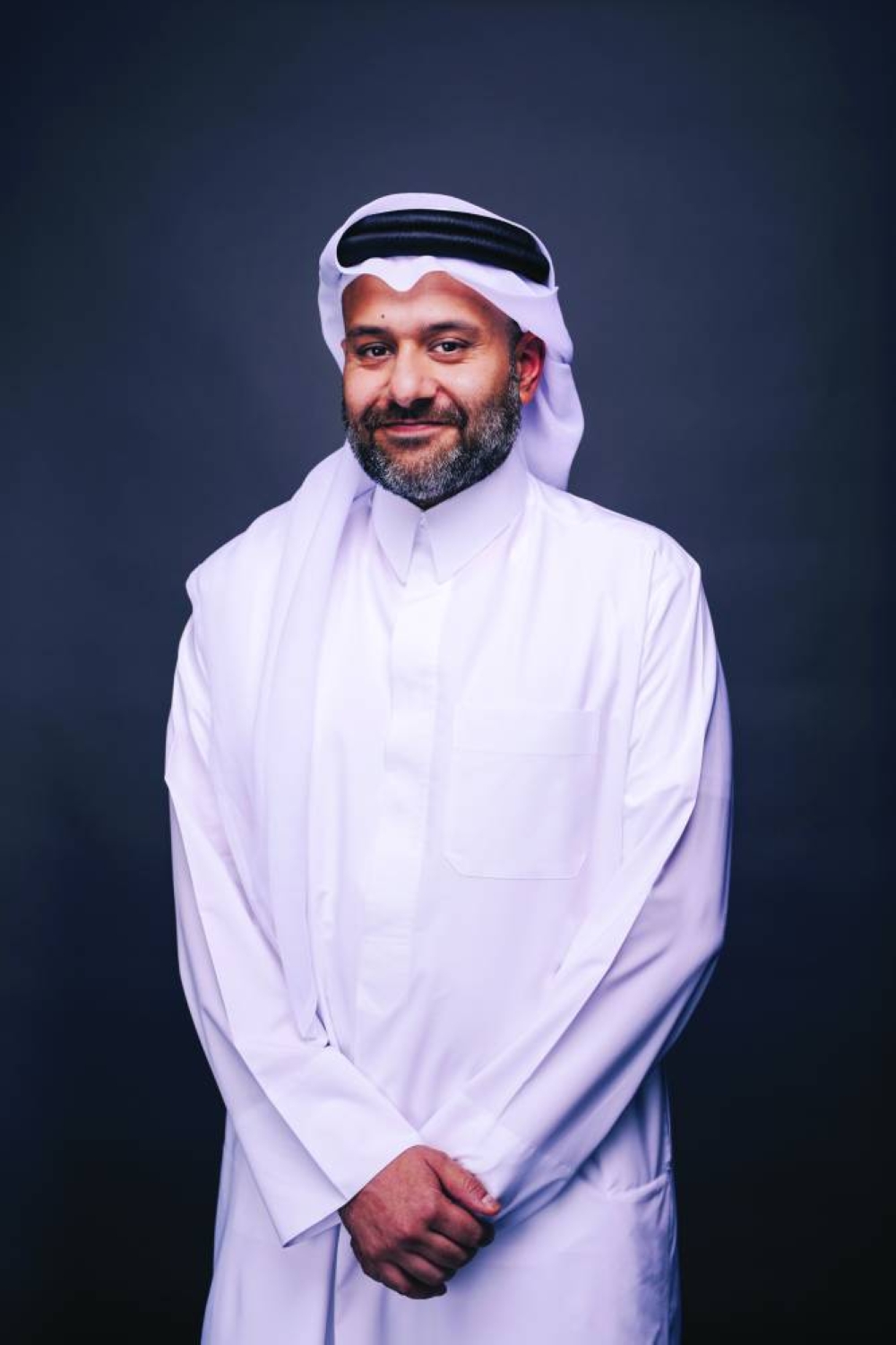A sustained growth in business conditions in Doha’s non-energy private sector led employment reach a record high in September 2024 as companies boost capacity, according to Qatar Financial Centre (QFC).
Accordingly, wage inflation reached a record high as the overall cost pressures were the highest in over four years, but charges for goods and services fell sharply, according to the latest Purchasing Managers’ Index (PMI) survey data from the QFC compiled by S&P Global.
The PMI eased to 51.7 in September, from 53.1 in August, signalling a sustained overall growth in business conditions in the non-energy private sector economy. It was slightly below the long-run trend level of 52.3 (since April 2017).
"There was a series-record increase in employment during the month as firms sought to expand capacity to address rising backlogs," QFC Authority chief executive officer Yousuf Mohamed al-Jaida said.
The Qatar PMI indices – compiled from survey responses from a panel of around 450 private sector entities – covers manufacturing, construction, wholesale, retail, and services sectors, reflecting the structure of the non-energy economy according to official national accounts data.
The headline PMI, a composite single-figure indicator of non-energy private sector performance, is derived from indicators for new orders, output, employment, suppliers’ delivery times and stocks of purchases.
The non-energy private sector workforce expanded at the fastest rate on record, easily surpassing the previous peak set in January 2019. Efforts to boost staff numbers partly reflected a build-up of outstanding business for the first time in eight months and at the fastest rate since mid-2022 in the lead-up to the football World Cup.
This occurred as new business expanded for the ninth month running in September, but total business activity softened.
Sub-sector data revealed that the pause in output growth reflected the construction sector, as activity rose in the manufacturing, services and wholesale and retail sectors.
The rate of increase in new business moderated in September, but confidence regarding the next 12 months strengthened again to the highest since March 2023.
Positive sentiment among Qatari firms was attributed to economic development, a rising population and investment in key sectors including construction, real estate and tourism.
Rising demand for staff drove up wage pressures in the non-energy sector with the seasonally adjusted staff costs index rising to a new high of 59.4. Non-staff cost pressures also intensified in September, with purchase price inflation the fastest in over four years.
Overall input price inflation was the highest since July 2020. In contrast, prices charged for goods and services fell at the fastest rate since February 2019, linked to high competition.
Although new business rose and the outlook improved, purchasing activity softened slightly as firms reported broadly stable inventory holdings, it said, adding this easing of pressure on supply chains was reflected in another reduction in average input lead times.
There was also a further acceleration in the growth of demand for Qatari financial services in September. The seasonally adjusted financial services new business index rose to 64.1, from 62.8 in August, signalling a rapid improvement in demand conditions with the fastest growth since August 2022. Growth of total activity was maintained (53.2).
Companies were also increasingly optimistic regarding the 12-month outlook, with sentiment at the highest level since February 2023 (78.1). There was also a notable boost to employment growth, which was the strongest in over five years and among the best on record (61.8).
"The 12-month outlook continued to brighten, as firms mentioned investment in key sectors such as construction, real estate and tourism. September data also showed a record increase in wages, which should boost consumer demand," al-Jaida said.

QFCA CEO Yousuf Mohamed al-Jaida highlights series-record increase in employment.

